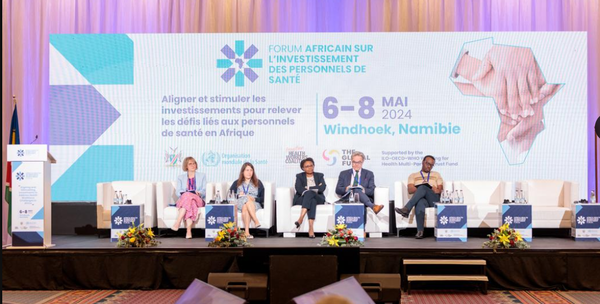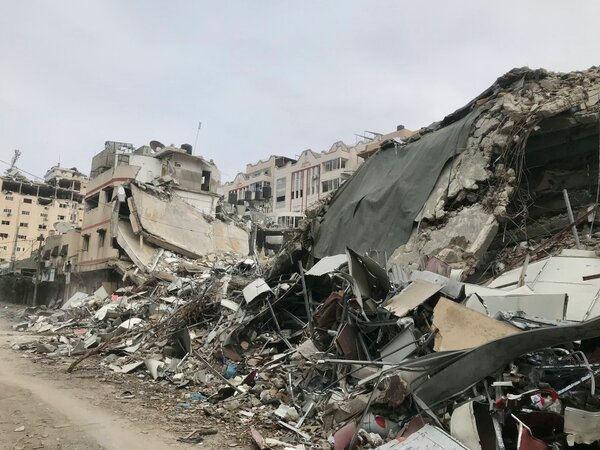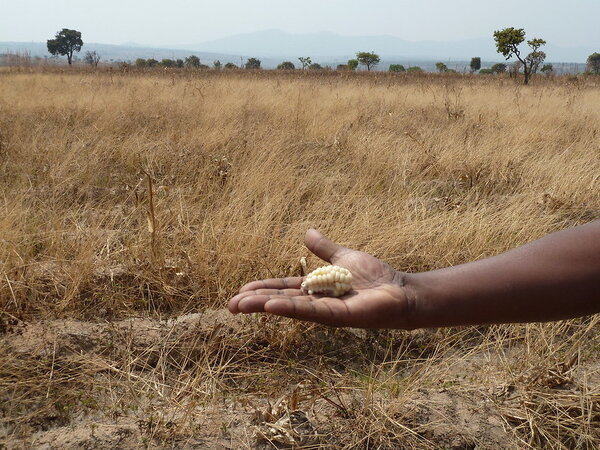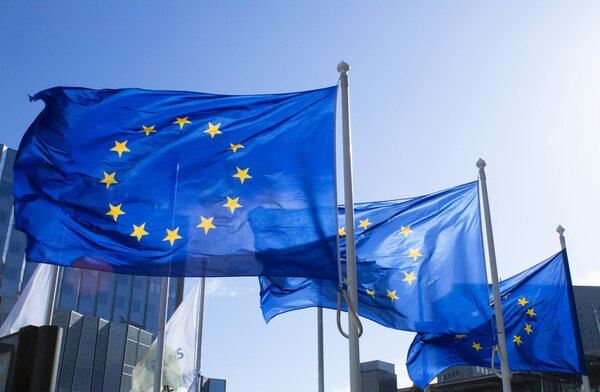En tant que représentant de la société civile, Medicus Mundi Suisse fait partie de la délégation canadienne, australienne et suisse au sein du conseil d’administration du Fonds mondial de lutte contre le sida, la tuberculose et le paludisme. Sa dernière réunion s’est tenue il y a deux semaines à Genève. Aucune décision dont je pourrais parler ici en exclusivité n’y a été prise.
Par conséquent, il convient plutôt de faire part de l’état d’esprit dominant qui en dit long sur la situation actuelle dans les institutions mondiales de santé : tension et incertitudes à tous les niveaux. Ce sentiment est motivé par les pressions que subit actuellement la santé globale. Celles-ci sont liées à la soi-disant réduction des ressources financières, aux changements épidémiologiques et à la pression politique.
La pression de la droite
Concernant la lutte contre le sida, la communauté internationale s’est fixée comme objectif d’éradiquer le virus d’ici 2030. Celui-ci serait tout à fait réaliste sans la pression exercée par la droite et les fondamentalistes religieux sur les droits sexuels et l’égalité des genres. Ce phénomène est mondial, ce qui inquiète fortement les responsables du secrétariat du Fonds mondial ainsi que plusieurs représentantes et représentants du conseil d’administration. En effet, il met en péril les progrès réalisés ces dernières années dans la lutte contre le sida, et donc les investissements financiers consentis.
Malgré les progrès médicaux, la lutte contre la tuberculose et le paludisme doit elle aussi faire face à de grands défis, principalement de nature épidémiologique : l’apparition de résistances rend nécessaires de nouveaux filets de lit plus coûteux, les catastrophes environnementales et les conflits armés anéantissent les programmes de santé existants et les font reculer de plusieurs années.
Le Global Disease Split
Le Fonds mondial reste le plus grand bailleur de fonds au monde dans la lutte contre le paludisme et la tuberculose. Cependant, des moyens financiers plus importants y auraient un impact plus fort. Près de 50 % des fonds mondiaux contre le paludisme passent par le Fonds mondial. Cette valeur passe à 82 % pour la tuberculose mais seulement 21 % pour le VIH/sida. Actuellement, les ressources du Fonds mondial sont réparties ainsi entre les trois maladies : les moyens financiers allant jusqu’à 12 milliards de dollars sont destinés à 50 % au sida, à 18 % à la tuberculose et à 32 % au paludisme. La somme excédant les 12 milliards de dollars est répartie à 45 % pour le sida, 25 % pour la tuberculose et 30 % pour le paludisme.
Dans un contexte où les ODD de l’ONU sont encore loin d’être atteints, notamment en ce qui concerne la lutte contre la tuberculose et le paludisme, et dans la perspective du prochain cycle de financement, certains aimeraient voir le fameux Global Disease Split (GDS) modifié en faveur du paludisme et de la tuberculose. Ce débat risque de s’avérer plus difficile. Il faut en effet s’attendre à ce que les ressources du Fonds mondial diminuent lors de la prochaine phase de financement. Ces querelles de répartition pourraient dominer les prochaines réunions du conseil d’administration du Fonds mondial.
Martin Leschhorn Strebel
Réseau Medicus Mundi Suisse
E-Mail



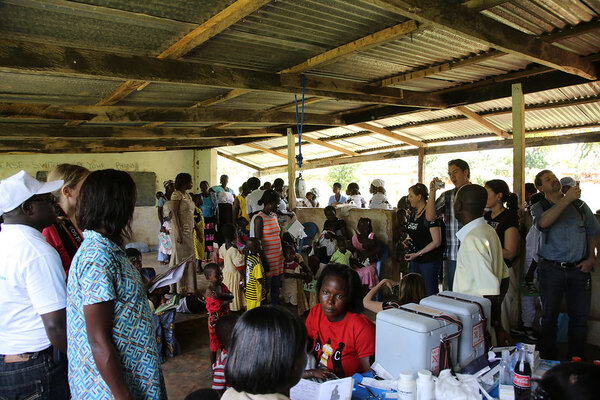
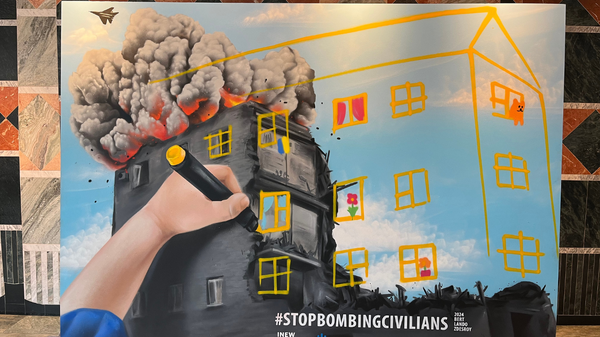
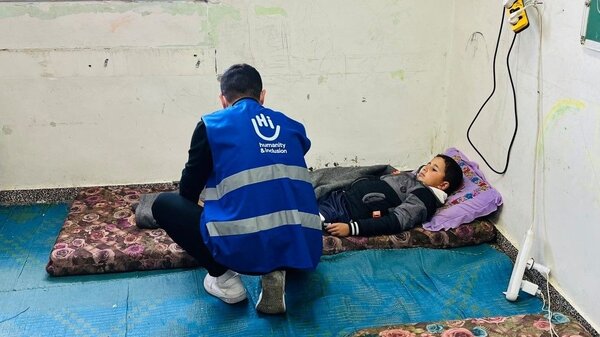
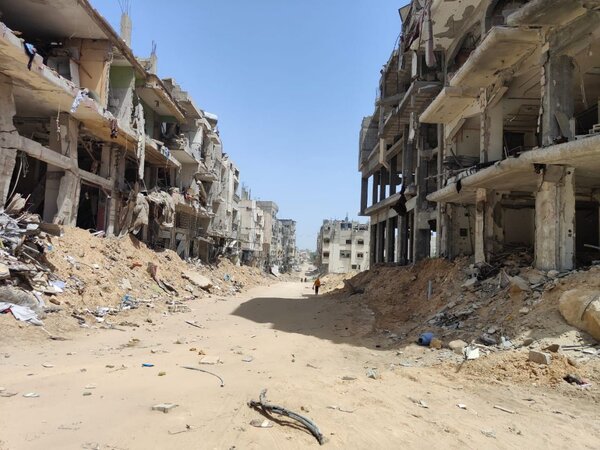
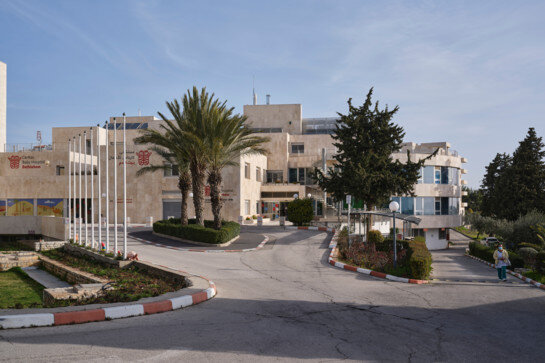

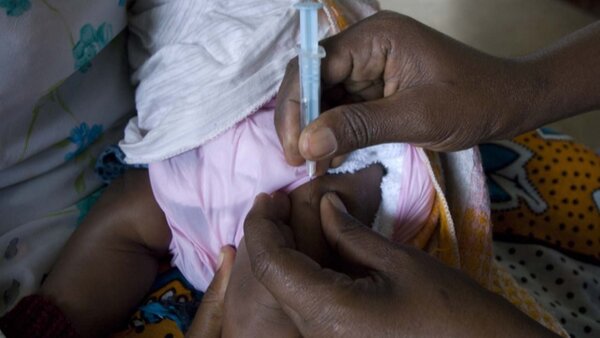


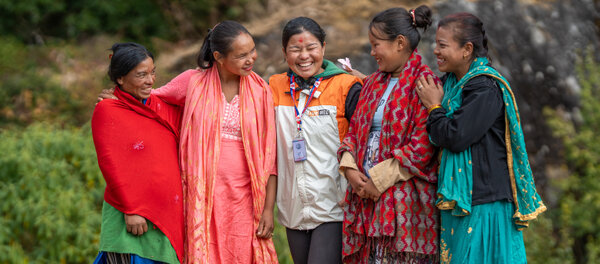
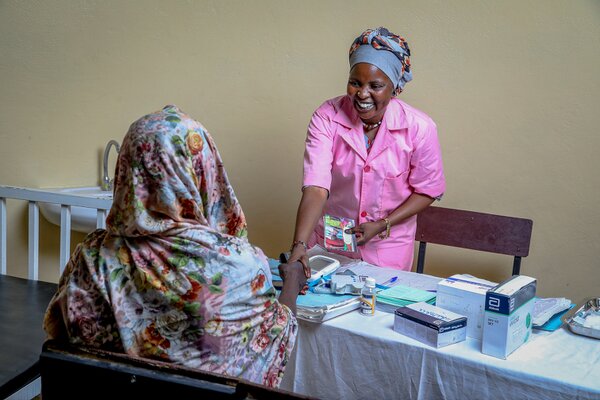
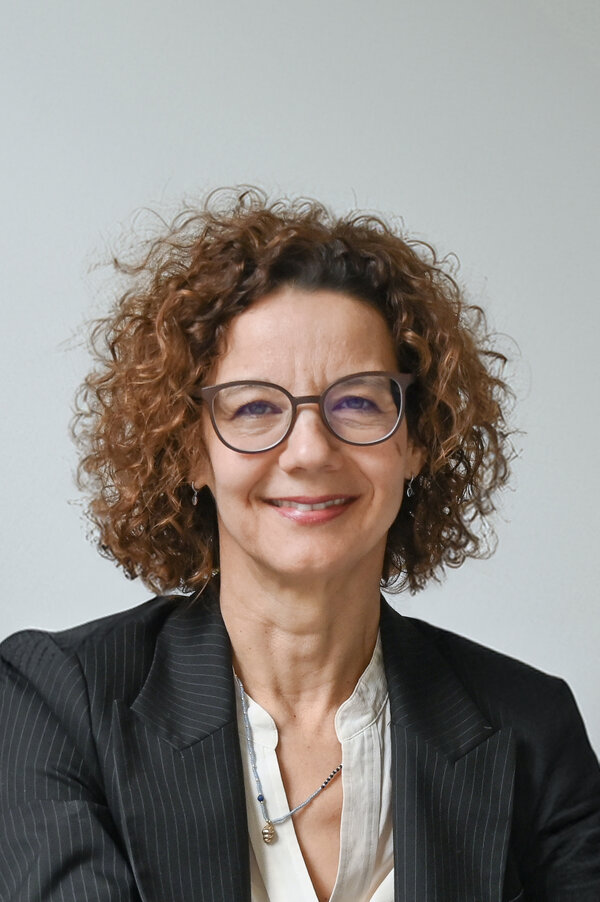







![IHR Goes into Extra Time: Countries Make Definite Progress on the Amendments to the International Health Regulations, But Not Enough to Close a Deal [WG-IHR8]](/fr/assets/image-cache/uploads/images/news/2024/shray-chawla-Qqs8ppyxANw-unsplash.0a13a20e.jpg)
